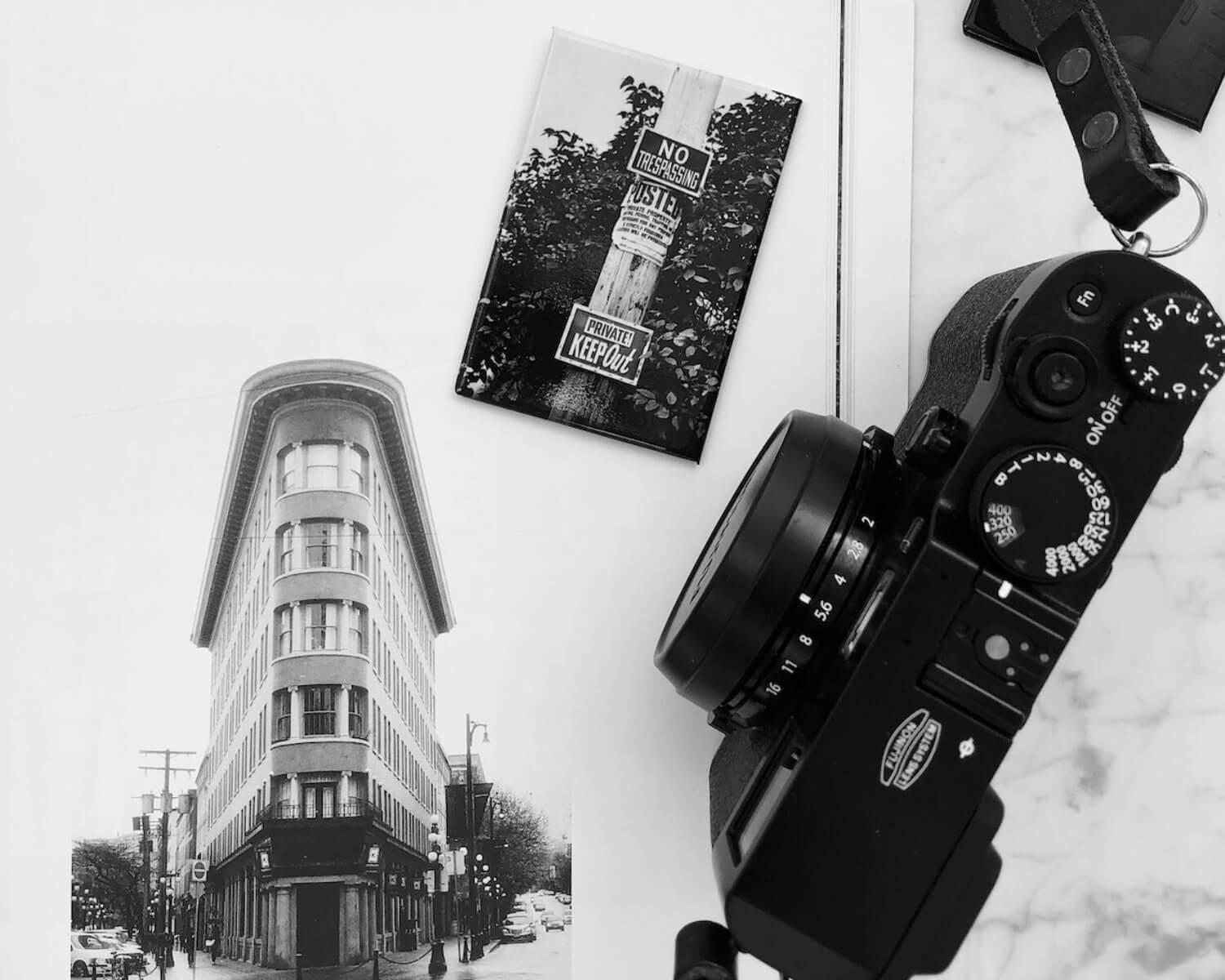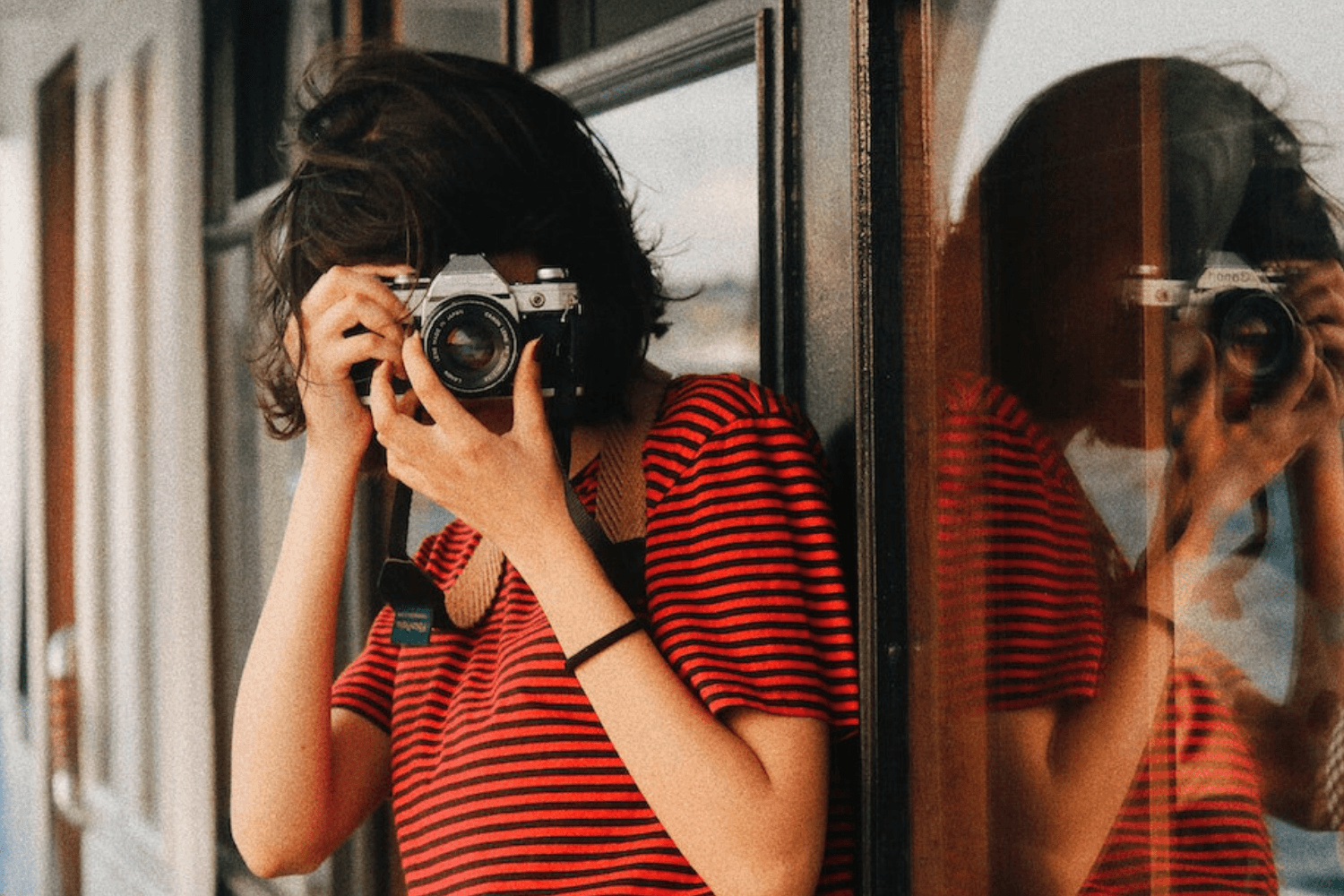Selfie Mania: Photography's Quiet Revolution
Yvan Cohen
Mon Sep 04 2023

By Yvan Cohen
The image of an outstretched arm clutching a smartphone has become one of the most iconic gestures of the modern era. Indeed, the selfie has become so popular, and so essential, a recent report claims that over 95% of young adults have taken one. More surprisingly, literally hundreds of people have died taking a selfie.
As banal as it may seem today, using cameras to take instant and endless pictures of ourselves represents a quiet, yet significant, visual revolution.
The origins of the selfie
So, what are the origins of the selfie? What does our irrepressible, and seemingly unquenchable, desire to photograph ourselves say about our relationship to photography? And why do so many of us feel this sudden need to turn the camera on ourselves?
If one ignores the fact that self-portraits have a long and storied history, the modern origins of the term ‘selfie’ can apparently be traced to a drunk Australian who used the term in an online forum in 2002. Just over a decade later, in 2013, Oxford Dictionaries named ‘selfie’ the international word for the year.
Cindy Sherman: a selfie pioneer
American Art photographer Cindy Sherman was perhaps one of the earliest selfie pioneers. Though Sherman literally creates pictures of herself, she always appears in disguise, thus hiding her real ‘self’ behind an array of carefully constructed characters and costumes.
Sherman’s work plays with our perception of identity: when we photograph ourselves, we naturally seek to project a subjective persona which, more often than not, is at odds with the reality of who we are and how we actually look.
Sherman caught the attention of the photography world partly because her camera was pointing in the wrong direction. As photographers, our vision has historically been turned outwards. The camera has been used as a tool of witness, to record the world around us; while the photographer remained hidden behind the viewfinder.
The selfie and our desire for immortality
And yet today, just like Sherman, we now seem determined to insert ourselves into the picture: here I am on holiday, here I am smiling in a café or walking down the street or eating lunch. “This is how I want the world to see me,” our selfies say.
 Photo by Charlotte May
Photo by Charlotte May
At its most basic, the selfie is an expression of our primordial desire to say ‘I was here’. The selfie is candy for the ego, a slightly desperate narcissistic declaration that says “my picture exists, therefore I am”.
By taking hundreds of pictures of ourselves, we are consciously leaving behind a trail of visual ‘breadcrumbs’ that will forever trace the trajectory of our lives. The selfie, therefore, is an instinctive expression of our desire for immortality, our desire to be remembered, to never fully disappear.
Traditional vs. selfie photographers
If traditional photographers see the camera as a way of expressing their unique vision of the world, the selfie photographer seeks to construct an image of who they are. The selfie gives us control over our own image. Just as Sherman did, the modern selfie explores the landscape of self-image, creating elaborate illusions that look deceptively real.
Selfies are carefully-curated self-portraits. The angle (generally considered more flattering from above), the smile (60% of people smile in selfies), the clothes, the location, all say something about who we are, or rather who we think we are (or would like to be). In this sense, the selfie is not ‘captured’ like a traditional photo, but is consciously ‘manufactured’.
The idea of the selfie as a manufactured image is particularly potent when we consider how selfies are routinely manipulated. Filters are added. Skin blemishes are removed. The selfie becomes a digital avatar of the person we aspire to be.
 Photo by Csegedi Joszef
Photo by Csegedi Joszef
Constructing self-images through the selfie
As AI advances, and as digital manipulation becomes more sophisticated, we can expect selfies to become less and less faithful representations of their flesh-and-blood subjects, a trend Cindy Sherman is currently exploring through the manipulated self-portraits she posts to her Instagram feed.
Pushed to extremes, the selfie can cause individuals to become confused by the disconnect between what they see in the mirror (their actual appearance) and the image they project through their selfies. Mental health professionals are already calling this ‘selfie dysmorphia’ – a condition where we become confused by the discord between how we actually look and how we appear in our selfies.
Though we call these pictures of ourselves ‘selfies’ – the ironic truth of the matter is that they are expressly taken to be shown to others. There is, it seems to me, a kernel of desperation embedded in our ‘selfie’ obsession. Our desire to portray ourselves is a desire to be seen, recognized and admired – a quest that can never be satisfyingly fulfilled.
This, therefore, is most definitely not photography as witness, nor really is it art (if we put Cindy Sherman to one side). This is photography merely as the constructed, confected, cosmetic image. Though a selfie may speak volumes about our ‘selves’ – our vanities, vulnerabilities and aspirations – it is also a perfect disguise.
Written by Yvan Cohen | Yvan has been a photojournalist for over 30 years. He’s a co-founder of LightRocket and continues to shoot photo and video projects around South East Asia.
Cover image by Lisa Fotios
To read more helpful articles on photography, check out our blog page.
Join our growing photographer community at LightRocket and get powerful archive management and website building tools for free!


